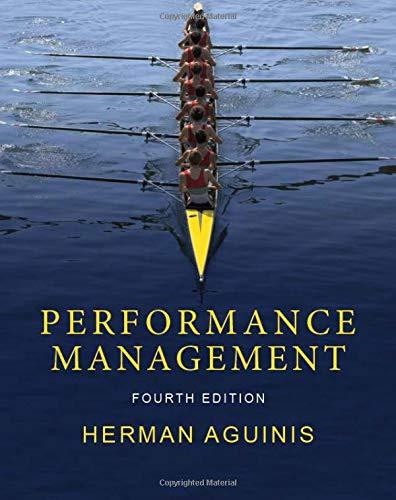Provision of Alternatives to The Main Issue/Problem/Decision/Evaluation at Hand
Trouble on the shop floor Barney Jordaan and Gawie Cilli Introduction Dylan Jones sat dejectedly at his desk behind a closed office door bearing the sign: \"ER Manager". The previous six weeks had been the worst of his professional life. Despite his considerable experience in managing Employment Relations at the company, the recent strike and the violence that accompanied it had seriously damaged the good working relationship he had established with the Food and Allied Workers Union (FAWU). FAWU represented all of the company's weekly paid and seascnal employees. The strike also revealed deep divides between strikers and non-striking employees. The company The company, CFG Ltd., operates a fruit packing and cold storage facility. It is one of the largest packers of apples and pears in South Africa and is situated in one of the Western Cape provinces' most important and fertile fruit-growing areas. The province has an ideal climate for growing deciduous fruit: it enjoys an average of 300 days of sunshine a year, which produces particularly juicy, crisp and aromatic fruit. The considerable temperature differences between day and night, as well as the interplay between the cool currents of air, give the apples and pears their incomparable juicy nature, natural sugar content, fresh aroma, firm, crisp flesh as well as their healthy, distinctive colour. Although the company has advanced technology for sorting and grading fruit, packing remains a labour-intensive activity. Demand for labour also fluctuates because of variations in the volume of fruit supply from producers in the area, as well as variations in the global demand for the product. The result is that the company has three different types of contracts with its employees: 1. permanent monthly paid employees; 2. permanent weekly paid employees; and 3. seasonal employees. Following the deregulation of the fruit packing industry in the late 1990s, growers could market and export their fruit directly. Prior to that, this had to be done via state-controlled marketing boards. CFG had teamed with another fruit packer in another part of the Western Cape to form Real-Cape Fruit Marketing (Pty) Ltd., a grower-owned business tasked to market their producers' fruit in South Africa and around the world. At the time of the strike, the company had 262 permanent employees (monthly and weekly paid) and, during peak season, up to 1,700 seasonal employees. Some of the seasonal employees were employed only for the season (January to June) whereas others were employed on secondary contracts after the end of a season to do maintenance and repair work., DOl 10.1108/EEMCS-06-2019-0153 Barney Jordaan is Professor at Vlerick Business School, Ghent, Belgium. Gawie Cilli is Lecturer at University of Stellenbosch Business School, Matieland, South Africa Disclaimer. This case is written solely for educational purposes and is not intended to represent successful or unsuccessful managerial decision-making. The authors may have disguised names; financial and other recognisable information to protect confidentiality. VOL. 10 NO. 1 2020, pp. 1-22, Emerald Publishing Limited, |SSN 2045-0621 | EMERALD EMERGING MARKETS CASE STUDIES | PAGE 1







